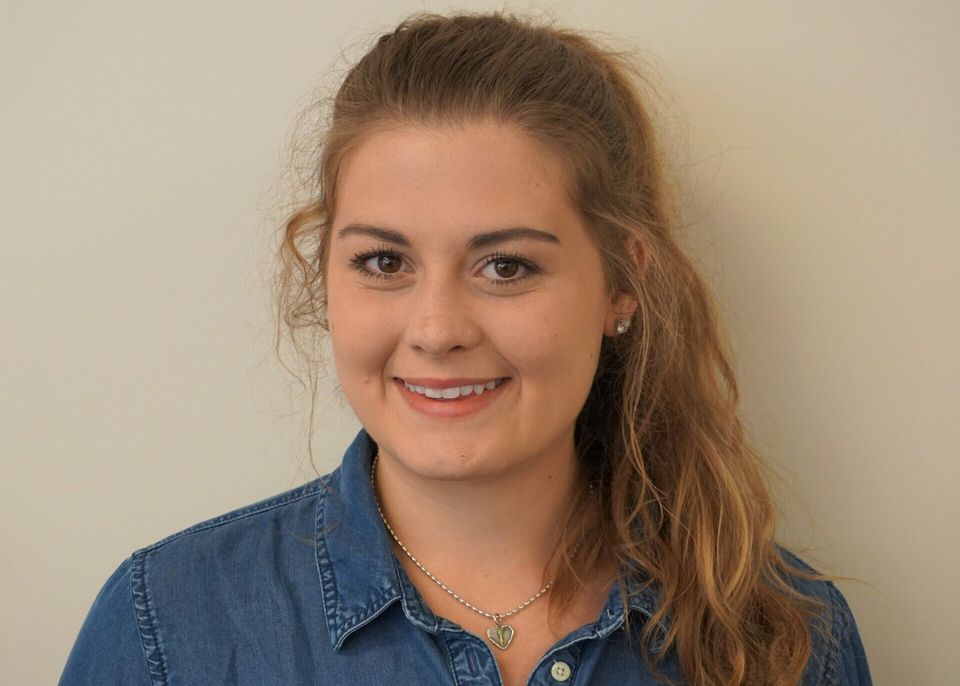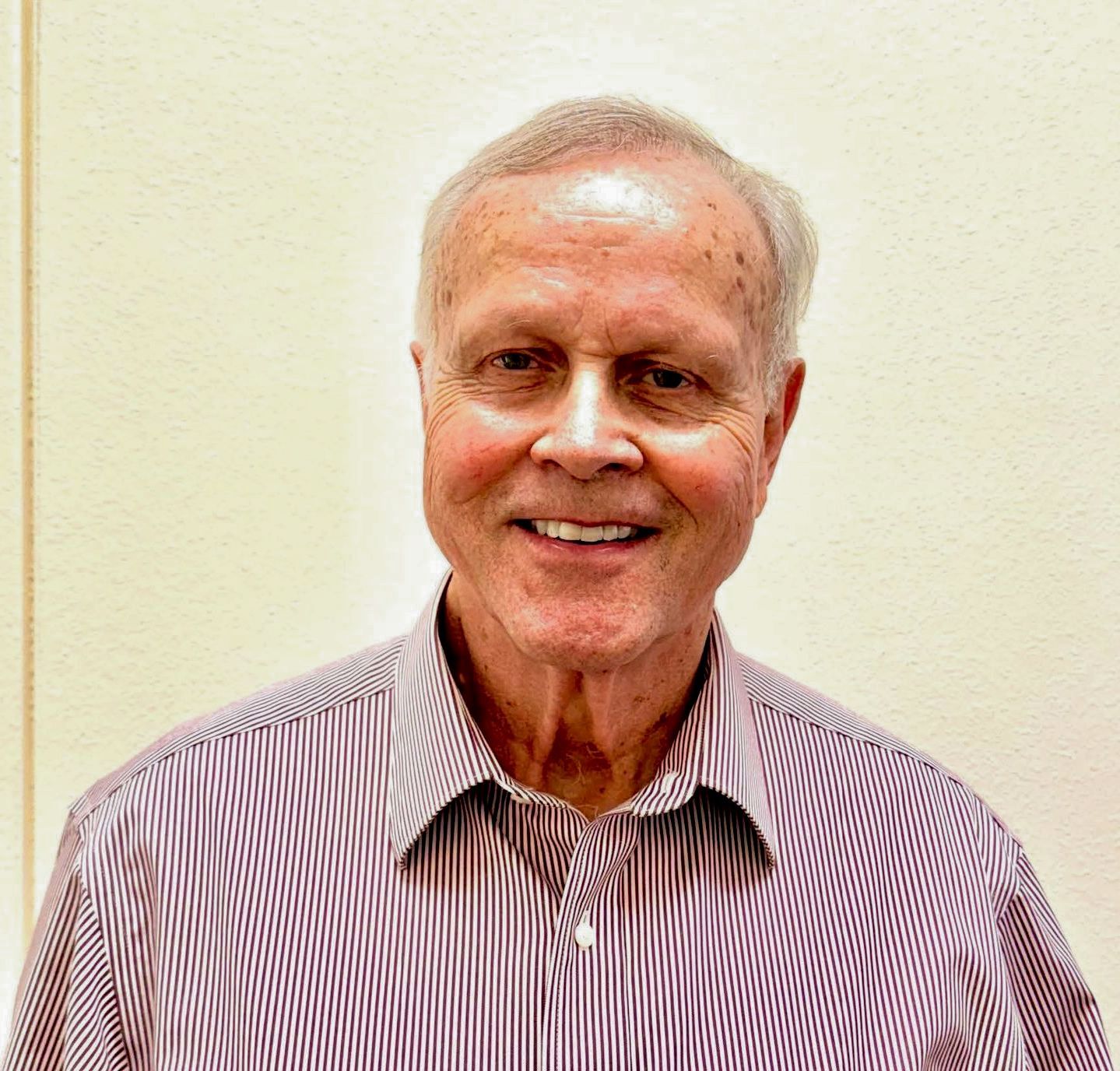Story of Hope: Matthew
October Advocate Impact Story

Matthew first came to the attention of CPS at the age of nine, due to his mother’s unaddressed mental health issues and drug use. Matthew was diagnosed with autism, and though verbal, was very introverted and seldom spoke unless he was comfortable. CPS attempted to work with his mother through Family Based Safety Services however, his mother continued to test positive for drugs and was disruptive at Matthew’s school. She showed up at the relative caregiver’s home, disrupted their routine and posed a threat to the caregiver. This led to the legal removal of Matthew into CPS’s care.
Enter CASA advocate Joanna Skidmore. Joanna immediately sought ways to make a connection with this child that already has difficulties connecting with the world. She learned that he enjoyed trains, puzzles, stuffed teddy bears and watching movies. During the Christmas holiday, Joanna obtained a wooden train which she and Matthew were able to paint together, which he loved. On some visits, they would just sit and watch movies together, and Matthew slowly became so comfortable with her presence, that he would sit next to her closely.
Prior to the COVID-19 protocols, Joanna would visit with Matthew at least once in the home but also observed the bi-monthly parent/child visits that were supervised at the CPS offices. She was able to observe the changes in Matthew mother’s interactions with him. Once his mother participated in parenting classes for autism, she began the fully understand her child’s needs.
Once the COVID-19 protocols began, Joanna found ways to continue to connect to this special child. She would drop off popsicles at his home, and then arrange Face-Time chats so that they could eat their popsicles together. Joanna understood that Face-time chats were difficult for Matthew. He had begun to struggle with virtual school during the day, without the benefit of hands-on assistance he normally had in school. Joanna created a routine with Matthew that she maintained during each visit, whether in-person or virtual. She asked him three questions. The questions would vary depending on his behaviors that day, or if a parent/child visit would take place but one question always remained the same, “What do you need?” Matthew came to rely on Joanna for her patience and her willingness to allow him to be comfortable in his own space. Her questions were always open-ended and he responded openly and honestly. He’d tell her about his day, the reasons he may have acted out, what he was feeling. He told Joanna about his visits with his parents and his likes and dislikes. This extremely introverted child, who is diagnosed with autism, found someone who was able to connect with him and continue the connection, despite no longer being able to see each other in person.
Eventually Matthew’s mother became stable enough that he was placed back into her home. The court granted Permanent Managing Conservatorship to Matthew’s grandmother, with whom his mother lived. Thank you, Joanna, for the lasting impacts you have made by patiently connecting with Matthew, listening to his needs, and advocating for his best interests!

By bfines
•
March 21, 2025
In December 2023, CPS received a Priority One referral regarding a 2-year-old child named Katherine, who had been hospitalized after ingesting narcotics. Her mother, Jessica, admitted to being under the influence of methamphetamines at the time. Katherine later tested positive for amphetamines, prompting the Department to seek removal of both Katherine and her 4-year-old sister, Valerie. Their maternal grandmother expressed willingness to care for them but only if CPS became involved. CASA advocate Alfredo Concha was appointed to the case and immediately took action. He contacted the grandparents and met with the children. During that visit, he learned that while the grandparents were willing to provide temporary care, they could not commit beyond December 2024. They had already adopted the girls' older sibling, which kept them busy, and as elderly caregivers, they felt unable to raise two young children long-term. They made it clear—either Jessica would have to get her life back on track by December, or the girls would need another placement. Understanding the urgency, Alfredo used Collaborative Family Engagement tools to seek additional family members who could offer support. He built a strong working relationship with Jessica, which proved invaluable. Through collaboration with Jessica, the grandparents, CPS, and the children's attorney, Alfredo identified and addressed barriers to reunification. A primary concern was Jessica’s history of substance abuse and the risk of relapse. After completing inpatient drug treatment, Jessica chose to move in with her ex-boyfriend, Robert, and his mother, Marie. Given Robert’s history of substance abuse and their previously volatile relationship, Alfredo recommended that Robert participate in services to strengthen their family dynamic. This included undergoing a substance abuse assessment, engaging in treatment, and completing a domestic violence prevention program. Alfredo also ensured Robert and Marie were included in planning meetings. During one of these meetings, Marie expressed her willingness to take in the children and committed to caring for them regardless of Jessica and Robert’s relationship. With this new support system in place, the girls were able to return to Jessica on December 3, 2024. CPS and Alfredo closely monitored the placement for several weeks to ensure stability. By January 2025, Alfredo recommended case closure, allowing the family to move forward with their lives. During the final hearing, Jessica addressed the court, expressing her gratitude. She stated that without the support of CPS and Alfredo, she would not have been able to succeed.

Stories of Hope Delivered to Your Inbox
Sign up for our newsletter to receive impact stories, announcements, and first look into any upcoming CASA events or campaigns!
Newsletter Sign Up
Thank you for signing up for the CASA newsletter! You can close out this window now to navigate through the rest of our site.
Oops, there was an error sending your message.
Please try again later.
Please try again later.






